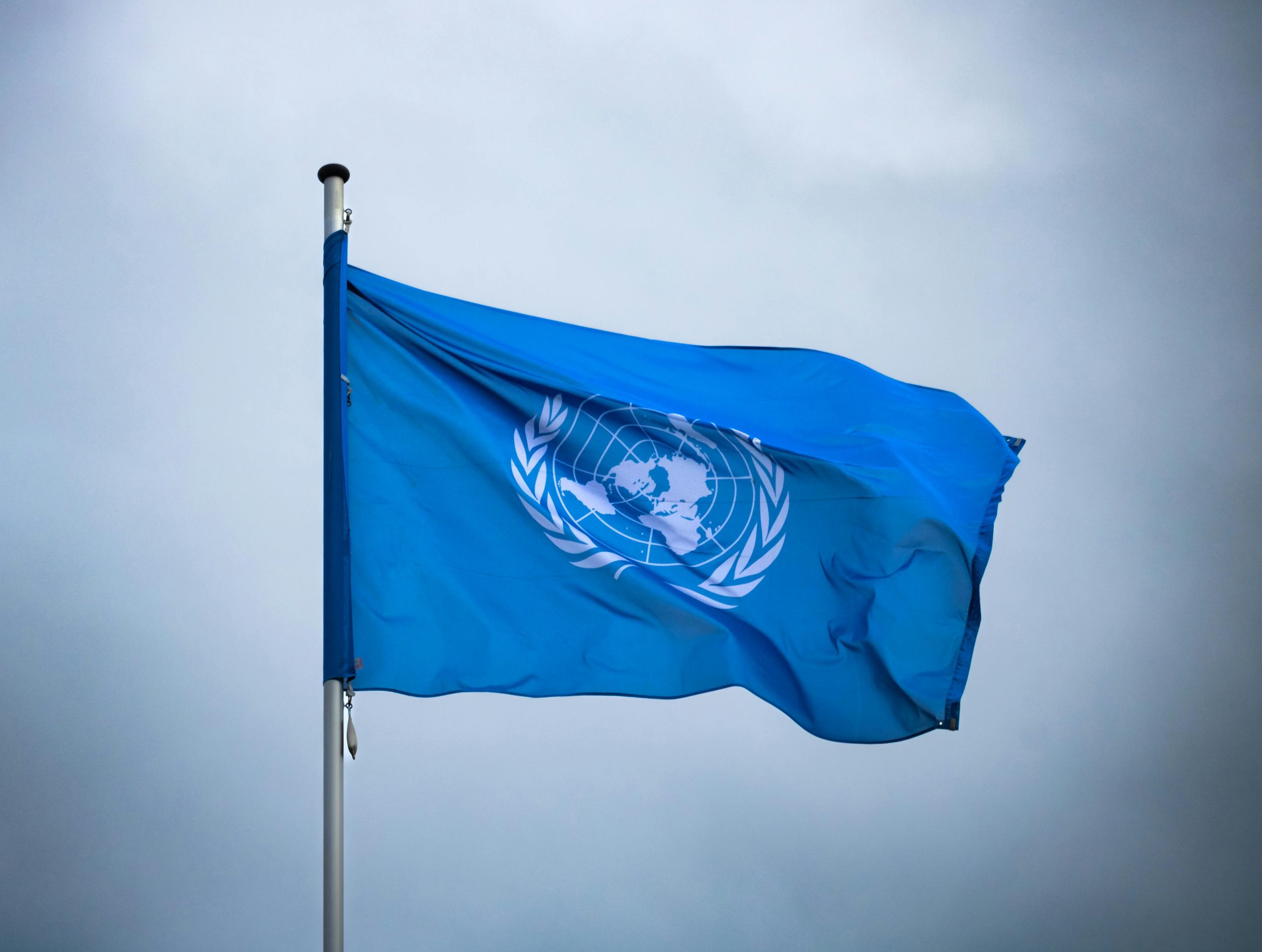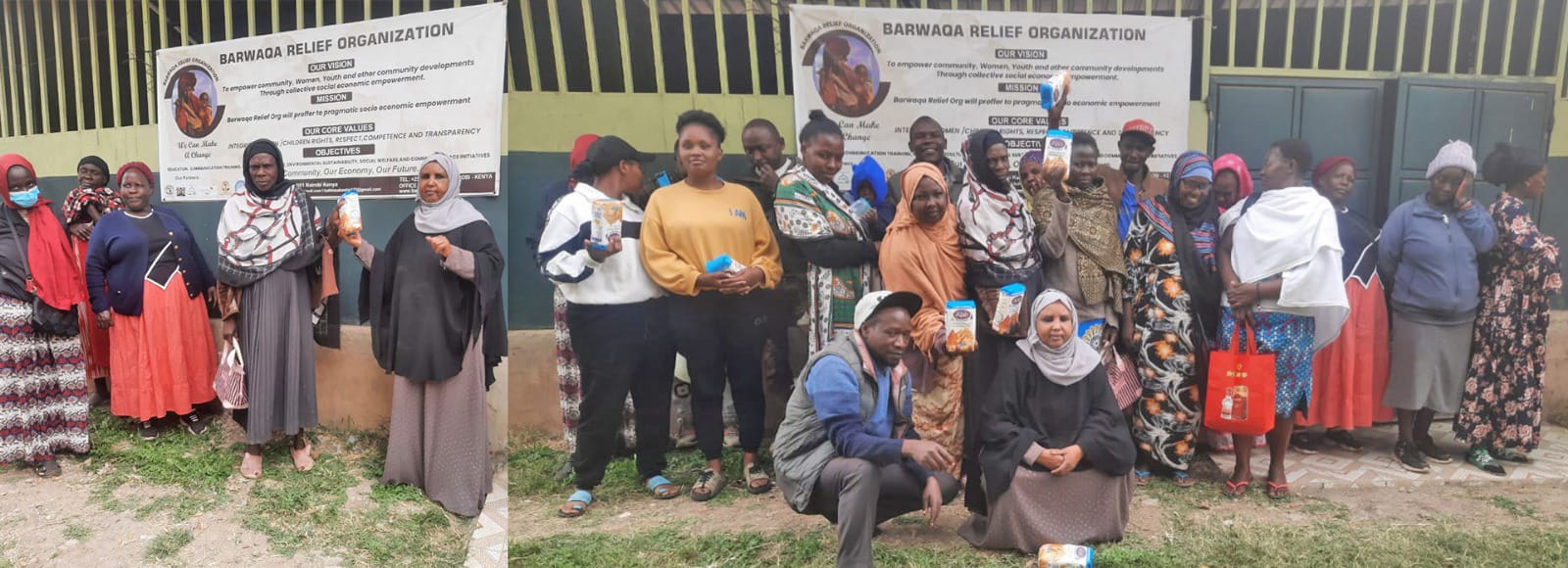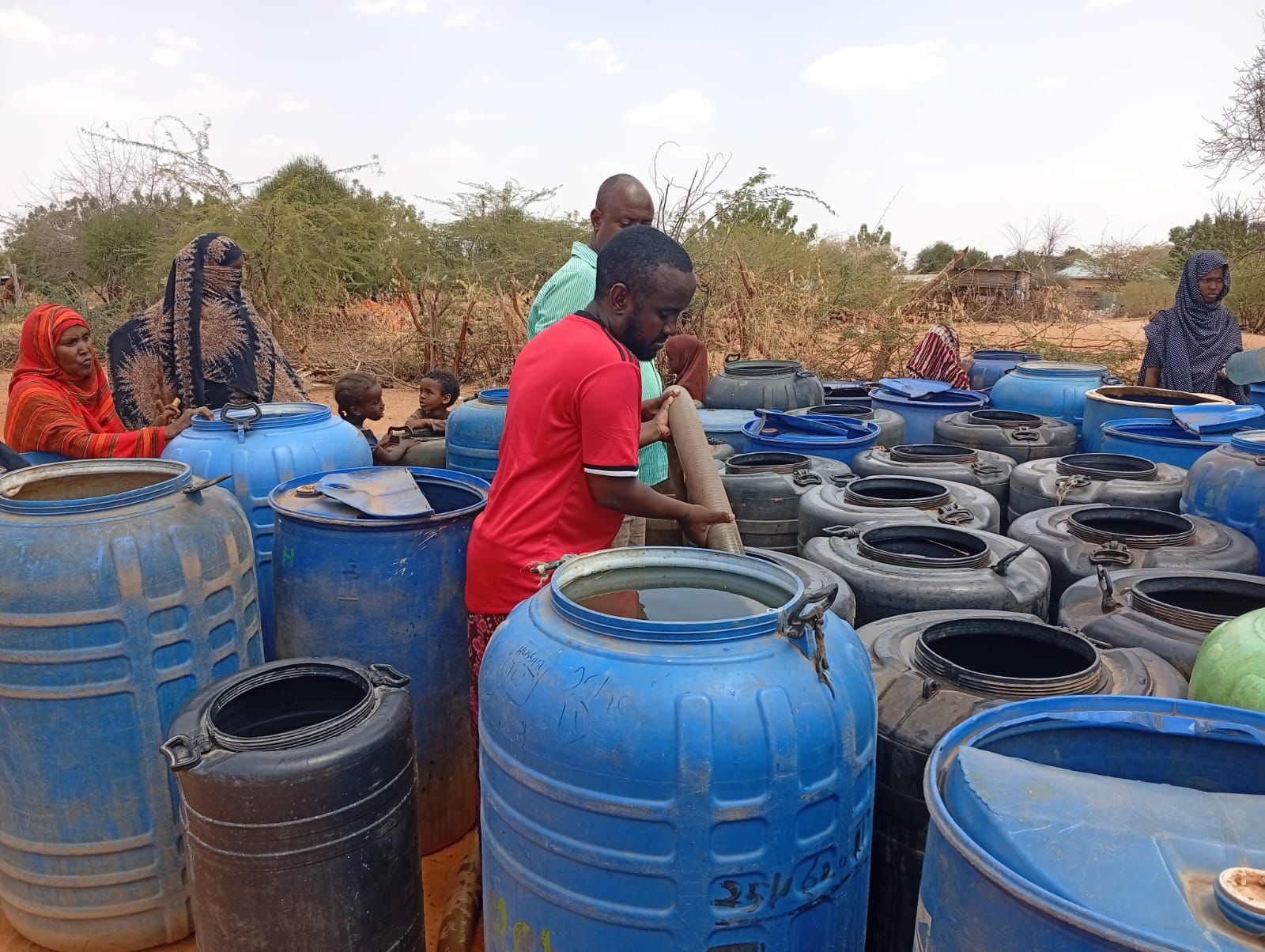In an increasingly interconnected world, addressing humanitarian and development challenges requires both global vision and local action. The United Nations Sustainable Development Goals (SDGs), adopted in 2015, provide a universal framework to end poverty, protect the planet, and ensure prosperity for all by 2030. BRO (Building Resilient Organizations) has strategically positioned its mission, interventions, and outcomes to align with these goals, creating a powerful synergy between international objectives and grassroots empowerment.
The SDGs consist of 17 interconnected goals that guide global development priorities. BRO’s programs directly contribute to 12 of these goals, reflecting its comprehensive approach to human welfare, environmental sustainability, and community resilience. Below is an in-depth look at how BRO’s work maps onto the SDGs and amplifies their intended impact.
SDG 1: No Poverty
BRO addresses poverty not merely through aid but through empowerment. Their entrepreneurship programs, vocational training, and economic resilience initiatives help families move from subsistence to sustainability. By fostering income-generating opportunities and financial literacy, BRO enables individuals to build independent livelihoods that break the cycle of poverty.
SDG 2: Zero Hunger
BRO’s agriculture and livestock programs directly support food security and nutrition. These interventions combine modern techniques with indigenous knowledge, promoting climate-smart agriculture and sustainable farming practices. Through livestock development, seed distribution, and community farming initiatives, BRO combats hunger at both household and community levels.
SDG 3: Good Health and Well-being
BRO’s health interventions encompass medical outreach, access to essential healthcare, maternal and child health services, and psychosocial support. Recognizing the mental toll of conflict and poverty, BRO integrates counseling and trauma healing into its health strategy. These services ensure holistic well-being and are tailored to meet the needs of marginalized populations.
SDG 4: Quality Education
Education lies at the heart of BRO’s development philosophy. The organization provides access to formal education, adult literacy programs, and vocational training. Their approach is inclusive and community-driven, ensuring that vulnerable groups — including women, girls, and displaced individuals — can access quality learning environments and educational tools.
SDG 5: Gender Equality
BRO is deeply committed to promoting gender equality. Women and girls are empowered through education, entrepreneurship support, and leadership training. Gender-sensitive programming ensures women’s full participation in community development while addressing the specific challenges they face, such as gender-based violence and discrimination.
SDG 6: Clean Water and Sanitation
Water is a cornerstone of BRO’s health and development strategy. By drilling boreholes, installing solar-powered water systems, and improving sanitation infrastructure, BRO ensures access to clean water. Paired with hygiene education, these efforts reduce waterborne diseases and enhance community health.
SDG 7: Affordable and Clean Energy
BRO promotes access to clean and renewable energy through solar lighting and solar-powered water pumps. These initiatives not only reduce dependency on non-renewable sources but also improve safety, productivity, and access to education by extending usable hours in schools and homes.
SDG 8: Decent Work and Economic Growth
Through vocational training, micro-enterprise support, and skills development, BRO creates pathways to decent employment and entrepreneurial success. Their programs are especially geared toward youth and women, aiming to build resilient local economies and reduce dependence on humanitarian aid.
SDG 11: Sustainable Cities and Communities
BRO’s shelter and housing initiatives ensure that displaced and vulnerable populations live in safe, dignified, and sustainable environments. The organization also supports urban resilience planning and community infrastructure development, contributing to more inclusive and resilient communities.
SDG 13: Climate Action
In response to the increasing threats posed by climate change, BRO’s programs focus on environmental conservation, climate-resilient agriculture, and community-based disaster risk reduction. These efforts are rooted in local knowledge and ensure that communities are equipped to adapt to changing climatic conditions.
SDG 16: Peace, Justice, and Strong Institutions
BRO integrates peacebuilding and conflict resolution across its interventions. Through community dialogue sessions, youth engagement in governance, and training in conflict mediation, BRO fosters peaceful co-existence and strengthens local institutions. These programs are particularly critical in regions affected by conflict and displacement.
SDG 17: Partnerships for the Goals
BRO actively collaborates with governments, UN agencies, local NGOs, and international donors to scale its impact. Their model of partnership strengthens resource mobilization, ensures program alignment with national development plans, and fosters knowledge exchange. By working with a wide network of stakeholders, BRO enhances both the reach and effectiveness of its programs.
A Holistic Model for Sustainable Development
BRO’s alignment with the SDGs is not incidental — it is intentional and strategic. Every program is designed with a systems-thinking approach, ensuring that interventions reinforce each other and produce lasting outcomes. For example, access to clean water (SDG 6) improves health (SDG 3) and school attendance (SDG 4); vocational training (SDG 4 & 8) reduces poverty (SDG 1) and strengthens peacebuilding (SDG 16).
By localizing the global agenda of the SDGs, BRO exemplifies how community-led development can be a powerful driver of sustainable change. Their work serves as a blueprint for organizations seeking to translate lofty global commitments into real, measurable impact.
As the 2030 deadline approaches, the world needs more organizations like BRO — committed to equity, grounded in community realities, and relentlessly focused on sustainable transformation.



